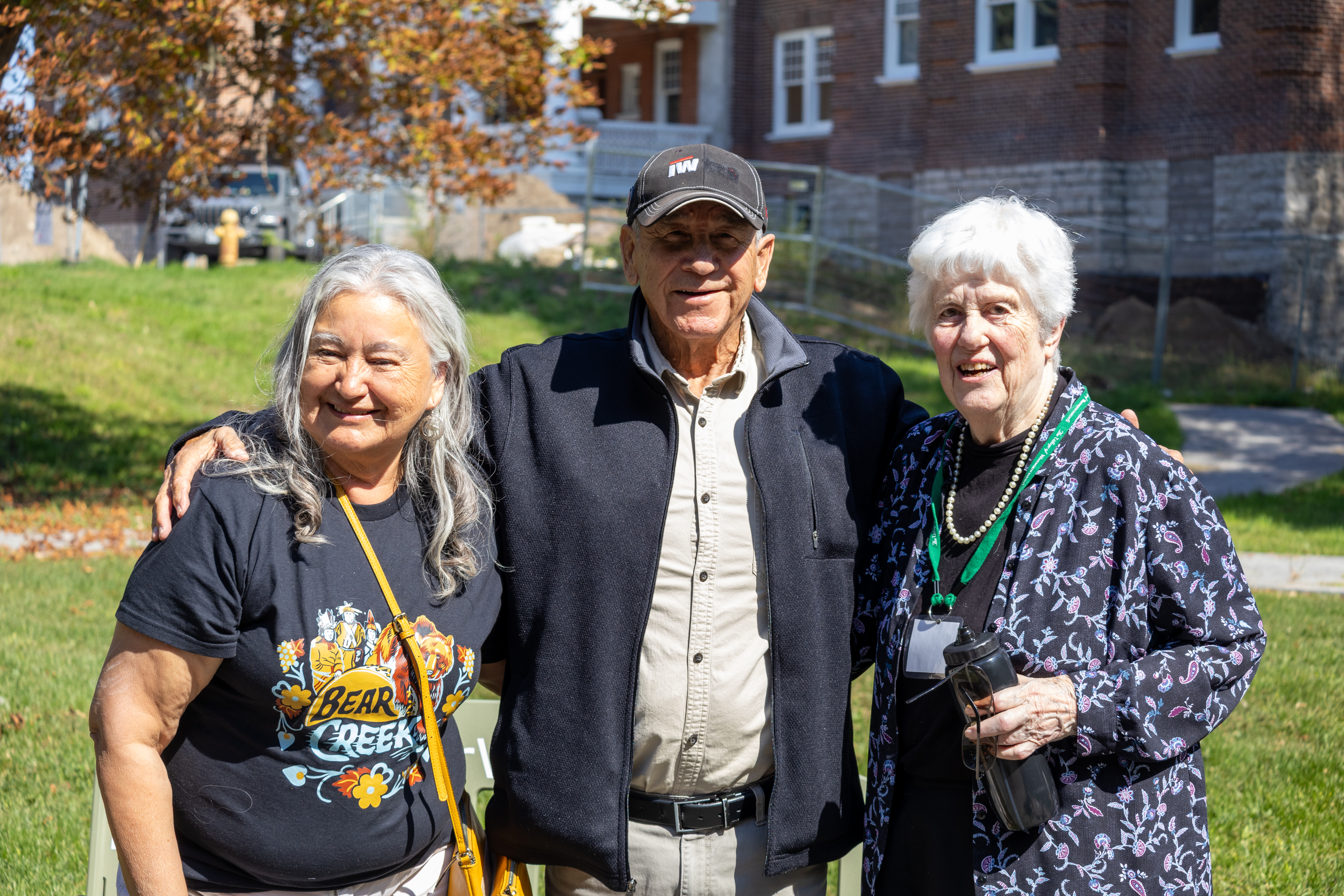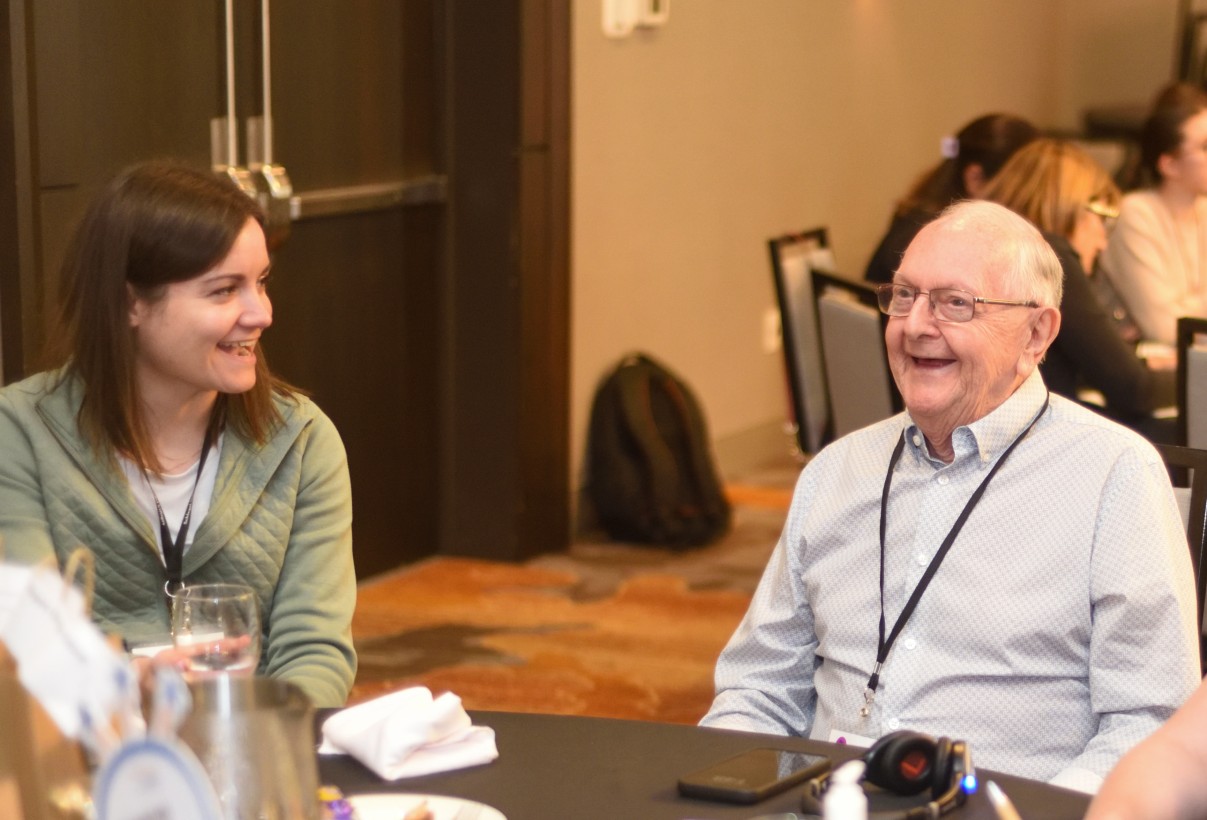As Canadians across the country focus on mental health and wellness during the annual Let’s Talk campaign sponsored by Bell Canada on Jan. 29, Schlegel Villages looks to its team members, recognizing just how much they give to residents and the potential toll that generosity can take within the caring professions.

Team members work together to support residents,
and it's important that they are supported as well.
The dedicated people who support residents in long-term care and retirement settings give of themselves every day to ensure those they care for live their lives to the fullest. They open their hearts and care deeply, fully at their best when developing strong, meaningful relationships. The cost of such relationships can be difficult to manage, however, for when one cares deeply, they feel loss at the same depth and loss is a fact of life when working with an older population.
Mental illness in the caring professions was for too long ignored but in the past several years, the importance of caring for the hearts and minds of these team members has been an important focus at Schlegel Villages. In order for residents to get the best support possible, it’s imperative that team members have all the supports they need, not only in relation to their work lives but in all aspects of their well being.
“Caregiver fatigue is a giant challenge within the sector,” says Miranda DiScanno, Director of People Engagement with Schlegel Villages, but supporting team members goes far beyond that one aspect of mental health. “The external factors that some of our team members are facing on a daily basis is very real; there’s financial stress, family stress, so many challenges.”
She points to the Wilfred Schlegel Hope Fund, which team members across the organization donate to and the Schlegel family matches, as a way to offer immediate support to team members facing financial stress, but there are other supports available to help in other ways.
The Employee and Family Assistance Program, for example, which is offered through partnership with Homewood Human Solutions, is a key starting point for team members and their loved ones who are facing stress and metal illness.
“We have a relatively good level of usage under the assistance program,” Miranda says, “and the more we normalize it, the better.” As the parent of a child with special needs, she understands all too well the range of stresses families face and she has found the assistance program to be a valuable asset in her own life. She called when she wasn't sure where else to turn.
“We were at a loss and we did not know what to do,” she says, when she and her husband found counselling through the program, and well as counselling for their child. “I think it’s about normalizing it,” Miranda says. “There is not a single day that goes by where there are not stresses in your life; if you don’t have the right coping mechanisms in place, you are going to have a challenge.
“The more we talk about it, the more we normalize it, that’s where we’re going to have success.”
Miranda points out that The Employee and Family Assistance Program is available to all team members and their dependents, regardless of whether or not they are enrolled in the benefits package. Team members and their loved ones can call 1-800-663-1142 at any time, day or night, to access the EFAP.
Please contact wshf@schlegelvillages.com for information on the Wilfred Schlegel Hope Fund.
- Previous
- View All News
- Next




































































































































































































































































































































































































































































































































































